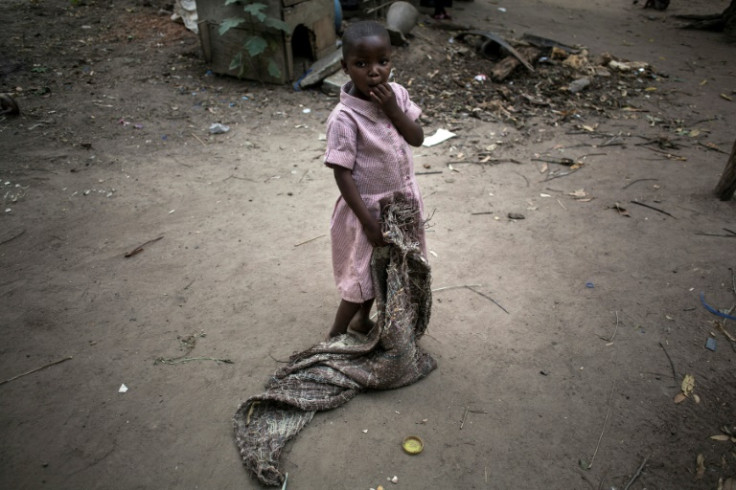Lack Of Attention On DR Congo Crisis Dubbed 'Unforgivable'
While the media is dominated by the catastrophic Israel-Gaza conflict, almost seven million people are internally displaced and an estimated 1,000 women and girls are raped each day in the DR Congo.

While the media reports on the catastrophic Israel-Gaza war, 25 million residents of the Democratic Republic of Congo (DR Congo) have been victims of extreme levels of violence, hunger and displacement. One-third of the civilians are children.
This year, the relentless violence of armed groups in the Ituri Province has forced more than 550,000 people to flee their homes and the ongoing conflict between Mouvement du 23 Mars (M23) rebels and the militants loyal to the authorities has intensified.
The ongoing fighting has resulted in six million people being killed and the number of internally displaced people within the DR Congo reaching an all-time high of 6.9 million.
In 2022, more than four million people were forced to ditch their homes for displacement camps because of the warring militants.
According to the Internal Displacement Monitoring Center, these figures mark the largest displacement crisis in Africa and the second largest crisis in the world, behind Ukraine.
Since early October, the conflict has particularly increased in the eastern province of North Kivu and in the provincial capital Goma.
Sexual violence is often used as a weapon of war in DR Congo. Using data from a government report, it has been estimated that around 1,000 women and girls are raped by armed militants each day.
In Bulengo, a camp in North Kivu which is home to more than 100,000 displaced people, an average of 70 victims of sexual assault visit clinics run by Doctors Without Borders – widely known for its French acronym MSF.
MSF, together with United Nations agencies and local organisations, provides displaced persons with medical services, psychological treatment for trauma victims, and latrines.
As we express our solidarity with the Palestinian people, let us also lend our voices in support of the people of the Democratic Republic of Congo.
— Bello🇳🇬 (@bello___a) October 21, 2023
Every hour, 48 women are raped, millions are displaced, and over 6 million lives are lost, with half of the victims being children. pic.twitter.com/4ky576I9WE
One woman told reporters that a hooded man entered her tent while her children were searching for food. The 42-year-old said that he raped her in the camp where she had sought refuge from the conflict in eastern Congo.
"I wanted to scream [but] he took my mouth, and he threatened me with death," explained the mother of four.
The vulnerable woman also spoke about being abandoned by her husband after a motorcycle accident left her disabled several years ago.
Women will continue to be attacked by rebel militants until they "do everything to end this war so that we can give up this life of misery", the woman added.
This month, eight UN peacekeepers were detained and accused of sexual abuse in DR Congo, reported the UN mission in the Democratic Republic of Congo (MONUSCO).
Peacekeepers are civilian, military, and police personnel who serve under the UN to protect and support the public. Since 1948, more than two million people have served in the independent "UN army".
The UN revealed that the alleged actions of the suspects have been met with severe consequences, including "suspension, detention and confinement".
The UN released a statement, noting that it "strongly condemns such behaviour, which is unworthy of UN personnel".
UN peacekeepers have been deployed in DR Congo for more than 25 years. The government have repeatedly called for an "accelerated" departure of the force, accusing it of having failed its mission to put an end to the violence by armed groups.
The UN's International Organisation for Migration has said that peacekeepers have been implemented in the region to conquer the "ongoing conflict and escalating violence" which is contributing to "one of the largest internal displacement and humanitarian crises in the world".
Fabien Sambussy, the IOM's DR Congo Mission Chief, declared: "For decades, the Congolese people have been living through a storm of crises."
"The most recent escalation of the conflict has uprooted more people in less time like rarely seen before. We urgently need to deliver help to those most in need," Sambussy encouraged.
© Copyright IBTimes 2025. All rights reserved.






















